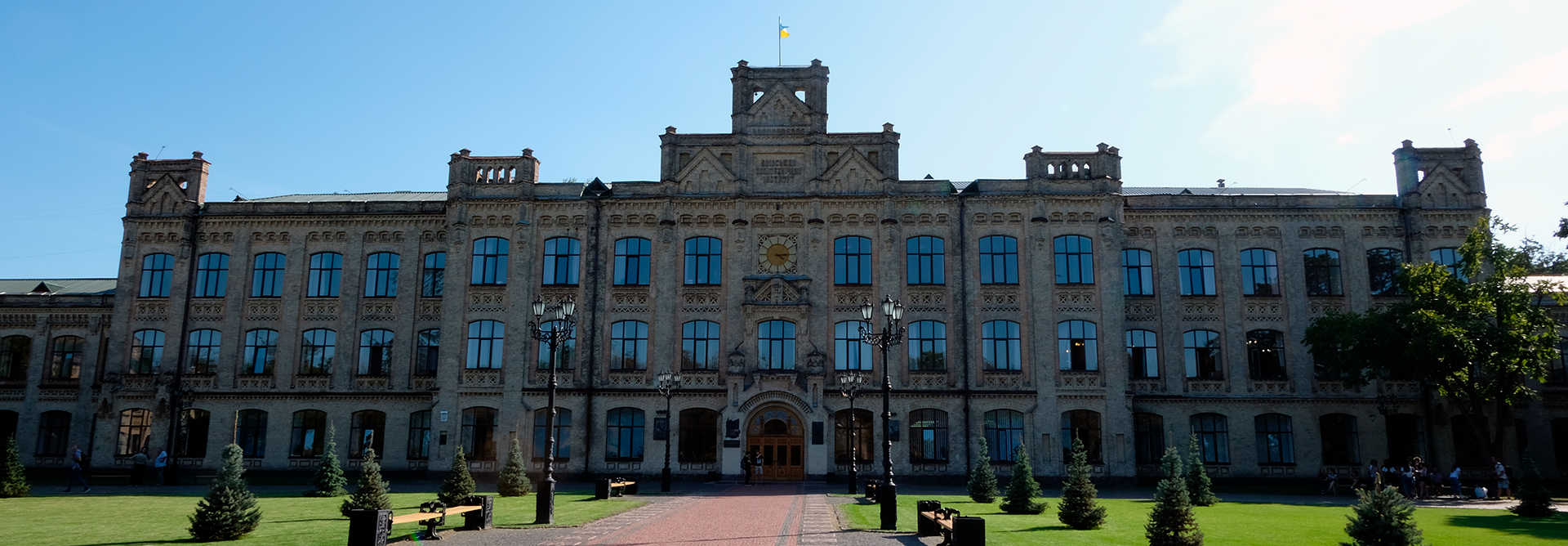Times Higher Education (THE), world leader in university data and rankings, hosted the virtual Europe Universities Summit 2021 New Horizons for European Higher Education on May 26-27. More than 1,000 delegates from the continent, including Angela Piatova and Vladimir Sytin of Ukraine’s Igor Sikorsky Kyiv Polytechnic Institute, participated in the event to share new ideas and reflect together on the key challenges faced by European higher education.
There were 15 sessions covering pressing issues, including a transformative era for European higher education, European university model, innovation in the classroom, open and inclusive research culture to boost research excellence, future trends in student employability, academic freedom and institutional autonomy.
In particular, it was pointed out that new alliances of European universities could soon be allowed to take on partners far outside the European Union, potentially including countries with dubious records on academic freedom. Speaking at Times Higher Education’s Europe Universities Summit, Themis Christophidou, director general of education, youth, sport and culture at the European Commission, said that Brussels was “considering widening the geographical scope, allowing associated partners from a wider set of countries, such as those involved in the Bologna process.”
The Bologna process, a multi-decade project of degree standardization and reform, extends far to the east of the EU and Central Asia.
Brussels has poured hundreds of millions of euros into 41 pilot European universities, networks of existing institutions backed by €7 million (£6 million) over the course of a three-year pilot.
Ludovic Thilly, coordinator of the EC2U European University Alliance, told a later session during the THE conference that “staff are exhausted” waiting for reassurances that “there will be long-term support”.
Discussing the current models for open science, the delegates noted that coronavirus scientists have shown a “disappointing” reluctance to share their data with other researchers.
Kostas Glinos, head of the European Commission’s open science unit, said claims that the pandemic had significantly accelerated the sharing of scientific data were not borne out by statistics, with only 9% of coronavirus-related scientific papers having an attached dataset.
“If you look at data sharing, it is a bit disappointing – not too many more are sharing their data than before the pandemic,” Dr. Glinos told a panel at Times Higher Education’s Europe Universities Summit on May 26. “It is because the rewards system is too much based around publications in highly prestigious journals rather than rewarding scientists for their behavior.”
The European Commission’s new science funding framework Horizon Europe and its “comprehensive proposals” on open science would help promote data sharing, contended Dr. Glinos, who said this commitment to replicability and open science would “become clear as time goes on”.
Earlier the session heard from Federica Rosetta, vice-president of academic and research relations (Europe) at Elsevier, who said that just 1% of all research papers had some attached data.
While the 9% figure of pandemic literature was significantly higher than 1%, it was still not a cause for celebration, said Dr. Glinos. One major barrier to more data sharing was the paucity of research infrastructure – specifically, tools that allowed research teams to upload their data so that it was searchable and interoperable, he insisted.
“We need appropriate infrastructure to store this data and make sure they can be found,” said Dr. Glinos, whose view was supported by Lidia Borrell-Damián, secretary general of Science Europe, who argued that “infrastructure must come first and then we can put incentives [in place]”.
The session, entitled “Are academic freedom and institutional autonomy in jeopardy?”, heard views on so-called “cancel culture” and the decolonization of the curriculum, with the president of the Central European University, Prof. Michael Ignatieff, saying it was important that all views could be heard.
Another panelist, Janika Spannagel, a research fellow at the Global Public Policy Institute in Berlin, said in her view the imposition of laws to govern campus free speech was worse than any concerns about whether cancel culture was an issue. “When people start proposing laws to curb universities’ and students’ ability to make these decisions on guest speakers and other issues, then this is a worrisome development,” she said.
More information: https://timeshighereducation.us17.list-manage.com/track/click?u=8e09f1eff5b946b07c80f522d&id=b38591ae4e&e=eda93c5ad6
